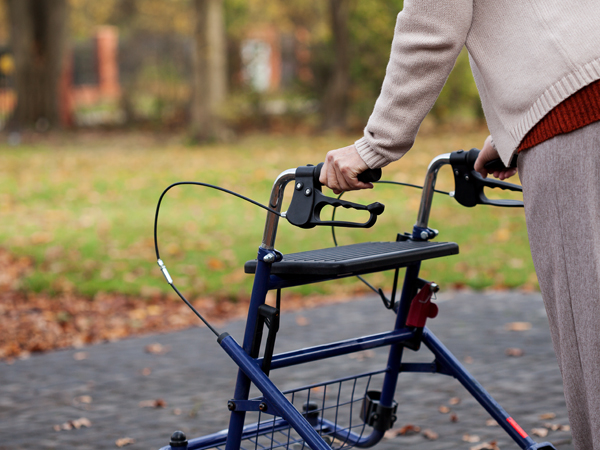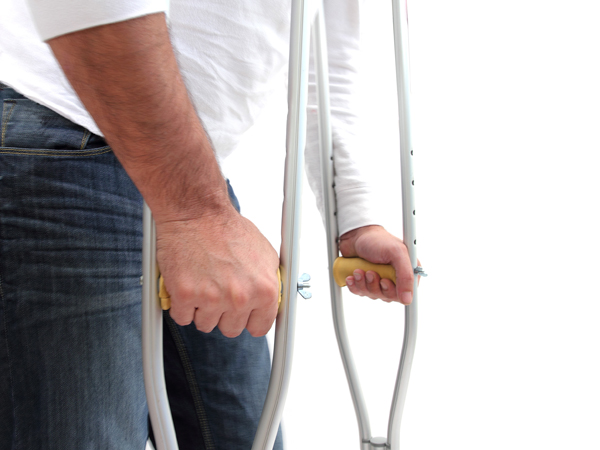When You Need The Extra Help To Get Around
Mobility – lightweight wheelchairs, standard wheelchairs, transport chairs, bariatric wheelchairs, wheelchair trays, wheelchair seatbelts, wheelchair covers, wheelchair cushions & pads, wheelchair armrest covers, wheelchair cup holders, wheelchair storage bags, adjustable canes, wooden canes, crutches, walkers, walker with wheels, rollators, and bariatric rollators.
INSURANCE Coverage Mobility Products: Canes, Walkers, Wheelchairs, and Scooters**
• Essentially the Medicare policy on mobility products requires that Medicare funds are only used to pay for:
• Mobility needs for daily activities within the home
• The lowest level of equipment required to accomplish these tasks.
• The most medically appropriate equipment (that meets your needs, not your wants)
• Medicare requires that your physician or healthcare provider and supplier evaluate your needs and expected use of the mobility product to determine which item you will qualify for.
• They must determine which is the least level of equipment needed to help you be mobile within your home to accomplish daily activities by asking the following questions:
• Will a cane or crutches allow you to perform these activities in the home?
• If not, will a walker allow you to accomplish these activities in the home?
• If not, is there any type of manual wheelchair that will allow you to accomplish these activities in the home?
• If not, will a scooter allow you to accomplish these activities in the home?
• If not, will a power chair allow you to accomplish these activities in the home?
• Keep in mind if you have another higher level product in mind that will allow you to do more beyond the confines of the home setting, you can discuss with your supplier the option to upgrade to a higher level or more comfortable product by paying an additional out of pocket fee using the Advance Beneficiary Notice (ABN).
• Your home must be evaluated to ensure it will accommodate the use of any mobility product.
• A face-to-face examination with your physician or healthcare provider to specifically discuss your mobility limitations and need for powered mobility is required prior to the initial setup of a power chair, scooter or manual wheelchair.
• In some cases for power mobility items you may also be asked to see a physical therapist or occupational therapist to determine the best fit and equipment selection.
• The majority of all manual and power wheelchairs are considered capped rental items, and that means they cannot be purchased outright. You will own the equipment after Medicare makes 13 payments toward the purchase of the equipment.
• Depending on which product is ordered, your supplier may not be able to deliver this product to you without a written order or certificate of medical necessity from your doctor or healthcare provider, nor can they get the documentation at a later date because if they do, Medicare can never make payment for those products to you or your supplier. So please be patient with your supplier while they collect the required documentation from your physician or healthcare provider.



